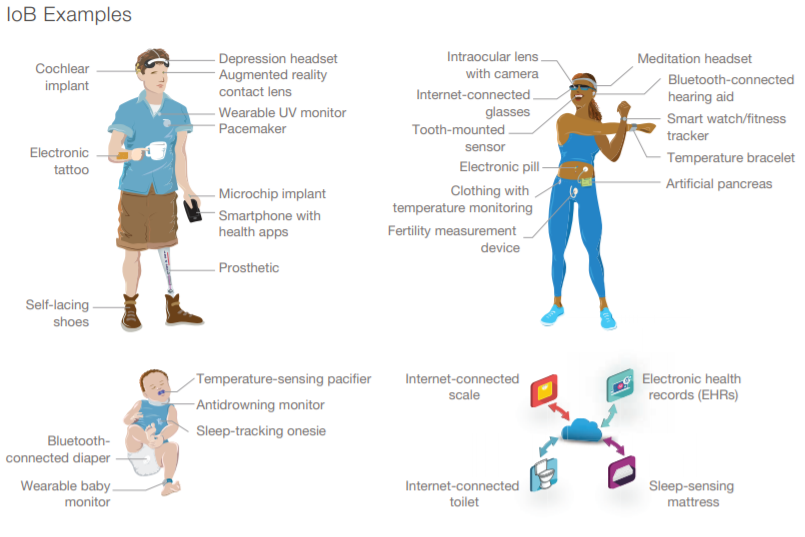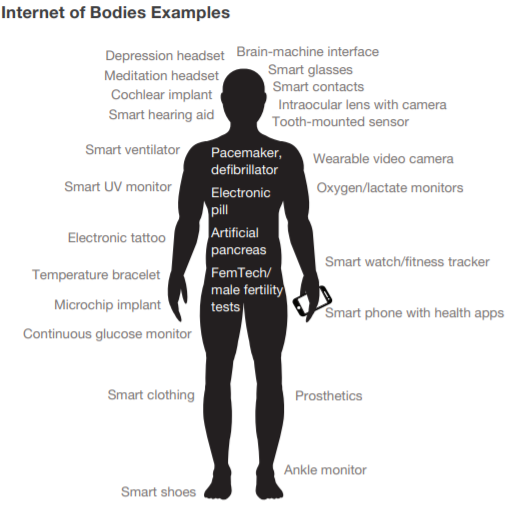Yuval Harari with Human Hacking by WEF

Yuval Noah Harari, a well-known historian and author, has indeed spoken about the use of surveillance technology in the context of the COVID-19 pandemic. However, the context and content of his statements have been the subject of interpretation and debate.
Harari has discussed how the pandemic could be used to convince people to accept more extensive biometric surveillance. This surveillance goes beyond monitoring people's actions; it can potentially reveal internal states such as emotions or health conditions. He has expressed concerns about how such technology could be used for purposes beyond managing the pandemic, potentially leading to totalitarian regimes or significant changes in various societal aspects
Key Takeaway
Historian Yuval Harari delivered a warning at Davos 2020, highlighting three existential threats facing humanity in the 21st century: nuclear war, ecological collapse, and technological disruption. He emphasized the need for global cooperation to address these challenges and the potential dangers posed by unchecked technological advancements.

Summary
- Yuval Harari identified three existential threats to humanity: nuclear war, ecological collapse, and technological disruption.
- He discussed the potential consequences of technological disruption, including automation leading to job displacement and the emergence of a "useless class."
- Harari warned about the risk of unprecedented inequality between nations in the race for AI development, with China and the USA leading the way.
- He raised concerns about the rise of digital dictatorships, where advanced technology could be used to control and manipulate people's lives.
- Harari discussed the power of algorithms in decision-making, potentially reducing human control over important aspects of life.
- He urged for global cooperation to address these global challenges, emphasizing that nationalism and globalism are not mutually exclusive.
- Harari pointed out that humanity has made significant progress in creating a rule-based global order and highlighted the importance of maintaining and strengthening it to avoid a return to a more chaotic and dangerous world.
Key Takeaway
Advances in artificial intelligence and the Internet of Bodies (IoB) are making it possible to decode human brain activity, which has both beneficial and potentially dystopian implications, as it threatens personal privacy and self-identity.

Summary
- The World Economic Forum (WEF) discussed the concept of "Ready for Brain Transparency?" at its Annual Meeting in 2023.
- AI and the IoB ecosystem are being used to decode human brain activity, allowing the decoding of thoughts, emotions, and even personal identification information such as PIN numbers.
- Non-invasive wearable devices, similar to Fitbits, can pick up emotional states and decode visual imagery from a person's mind.
- While decoding the human brain can have positive applications, it also has the potential for misuse, leading to concerns about personal privacy and oppression.
- Historian Yuval Noah Harari has long warned that humans are becoming "hackable animals," and the ability to decode human thoughts and emotions could be exploited.
- The Internet of Bodies (IoB) plays a crucial role in collecting data needed for brainwave decoding, but it raises ethical concerns and geopolitical risks.
- The IoB is part of the fourth industrial revolution, which aims to merge physical, biological, and digital identities.
- The WEF supports widespread IoB adoption despite recognizing the ethical concerns.
- The ability to decode brainwaves raises concerns about the worst totalitarian surveillance regime in history and the loss of personal thoughts and freedom.
- It is suggested that the future may involve pre-crime thought police who can use individuals' thoughts against them, impacting freedom of thought and speech.



Read below on various articles around the push around Doxing social media users by Nikki Haley, NYC, and Ireland PLUS the new Digital ID pushes in Australia and Europe. Once these systems are implemented how are they going to be connect to the above information with hacking humans?














